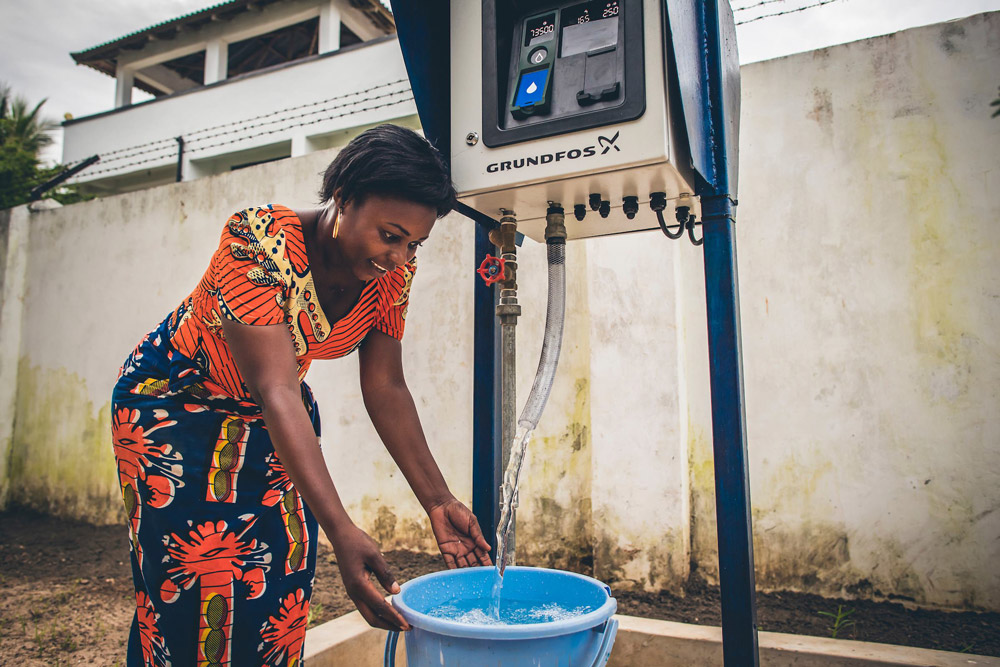
Water is one of our most precious resources, yet many of us take it for granted. In the United States, the average person uses 82 gallons (310 liters) of water per day. In stark contrast, individuals in sub-Saharan Africa often survive on just 4 to 5 gallons (15 to 20 liters) per day—an amount many Americans use in just a few minutes of showering.
As global demand for water increases, it’s more important than ever to conserve water at home. Small changes in daily habits can make a big difference in protecting our water supply and ensuring future generations have access to this essential resource.
- Fix Leaks Immediately
A dripping faucet or a leaking toilet may seem like a minor issue, but leaks can waste thousands of gallons of water per year. Check your plumbing regularly and fix any leaks as soon as possible to reduce water usage and lower your water bill.
- Turn Off the Tap When Not in Use
Leaving the tap running while brushing your teeth or washing dishes wastes gallons of water. Turning off the tap when you don’t need it is one of the simplest water conservation methods.
- Use Water-Efficient Appliances
Investing in water-efficient household products like low-flow toilets, showerheads, and dishwashers can significantly cut down on water use. Look for the WaterSense label when purchasing appliances, which indicates high efficiency.
- Shorten Your Showers
A long, relaxing shower feels great, but it also uses a lot of water. Reducing your shower time by just 2-3 minutes can save gallons of water each day. For an extra step, install a low-flow showerhead to further save water at home.
- Only Run Full Loads in the Dishwasher and Washing Machine
Running your dishwasher or washing machine with only a few items wastes both water and energy. Wait until you have a full load before using these appliances to conserve water and save money.
- Collect and Reuse Water
You can reduce water usage by collecting rainwater for outdoor use. Use a rain barrel to collect water for watering plants, washing cars, or even cleaning outdoor surfaces. You can also use collected water to flush toilets.
- Water Your Lawn Wisely
Overwatering is a common issue in household water use. Water your lawn during the early morning or late evening to minimize evaporation. Also, consider using drought-resistant plants that require less water.
- Install Water-Saving Devices
Installing water-saving devices, such as faucet aerators and dual-flush toilets, can reduce water usage without sacrificing performance. These small upgrades make a big impact on conserving water in your home.
- Be Mindful of Outdoor Water Use
Avoid washing your car frequently or hosing down sidewalks. Instead, use a bucket and sponge for car washing and a broom to clean driveways. Small changes in outdoor water use contribute to overall conservation.
- Educate and Involve Your Family
Saving water isn’t just an individual effort—it’s a household commitment. Teach your family members about the importance of water conservation and encourage small, daily changes. Even young children can learn to turn off taps, take shorter showers, and report leaks.
Small Steps, Big Impact—Beyond Your Home
By implementing these water conservation tips, you can help protect our planet’s water supply while also reducing your water bills. But water conservation isn’t just about saving money—it’s about recognizing water as a precious, limited resource that millions of people lack daily.
Your growing awareness of water scarcity can be a powerful tool. Consider using your voice to advocate for global water rights by:
- Supporting organizations that provide safe drinking water in developing countries.
- Raising awareness in your community about the importance of water conservation.
- Encouraging policymakers to invest in sustainable water solutions.
When we conserve water at home, we also help ensure that future generations—and those without easy access to safe water today—have the water they need to thrive.

Hello! I represent a small group of women who live in Summerville and would like to tour your facility. Do you provide tours for the public to show how water is gathered, cleaned, and re-channeled? If so, I’d like to speak to someone who schedules tours.
Hi Rita! I apologize for the delayed response. Global Water Center does not do this; however, our founding organization, Water Mission, does. You can find out more here: https://watermission.org/join-us/tours